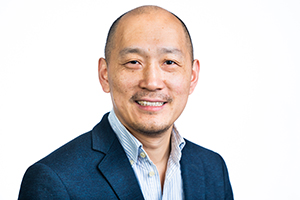Linköping University
Stable Organic Transport Materials for Next-Generation Solar Cells
Academic project
PhD
Open
Research question
This project will address the stability issue of emerging photovoltaic (PV) technologies (perovskite and organic solar cell devices) by developing highly stable organic charge-transport layers, paving the way for practical applications. We aim to achieve these objectives through the following aspects: 1) screening out the optimized organic semiconductors by understanding the fundamental relationship between glass transition temperature, solubility, and rigidity; 2) improving the thermal stability of doped organic films by designing dopants with functional groups to enhance the interaction between dopants and organic semiconductors; 3) applying the developed materials to various types of perovskite and organic solar cells for achieving highly durable devices with high efficiency.
Sustainability aspects
The success of this project will directly contribute to the following UN Sustainability Development Goals: 7 Affordable and Clean Energy and 11 Sustainable Cities and communities. By employing lead-free perovskites and bio-degradable organic semiconductor materials that have the potential to produce solar modules that, in turn, can be recycled entirely, creates a whole new market for climate-neutral and circular products affordably. Furthermore, installing solar panels in buildings (known as building-integrated PVs or BIPVs) allows these buildings to become both producers and user of clean energy at the same time, transforming the construction and renovation sectors, and allowing our homes and buildings to save energy and create a sustainable environment.

Linköping University
Feng Gao
Professor
feng.gao@liu.se
Explore projects under the WISE program
WISE drives the development of future materials science at the international forefront. The research should lead to the development of sustainable and efficient materials to solve some of today's major challenges, primary sustainability. On this page you can read more about our research projects.
Explore projects